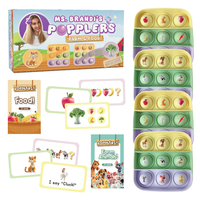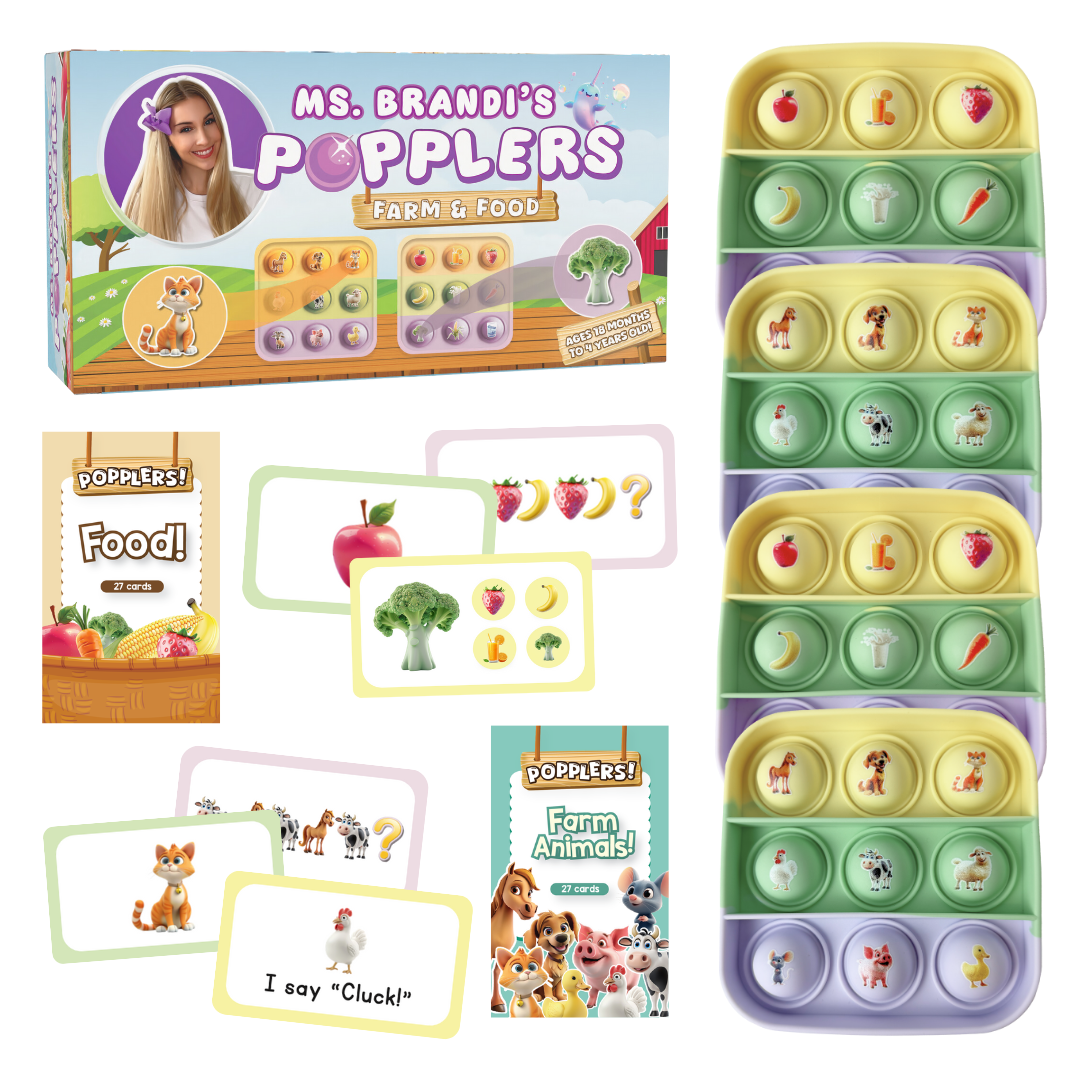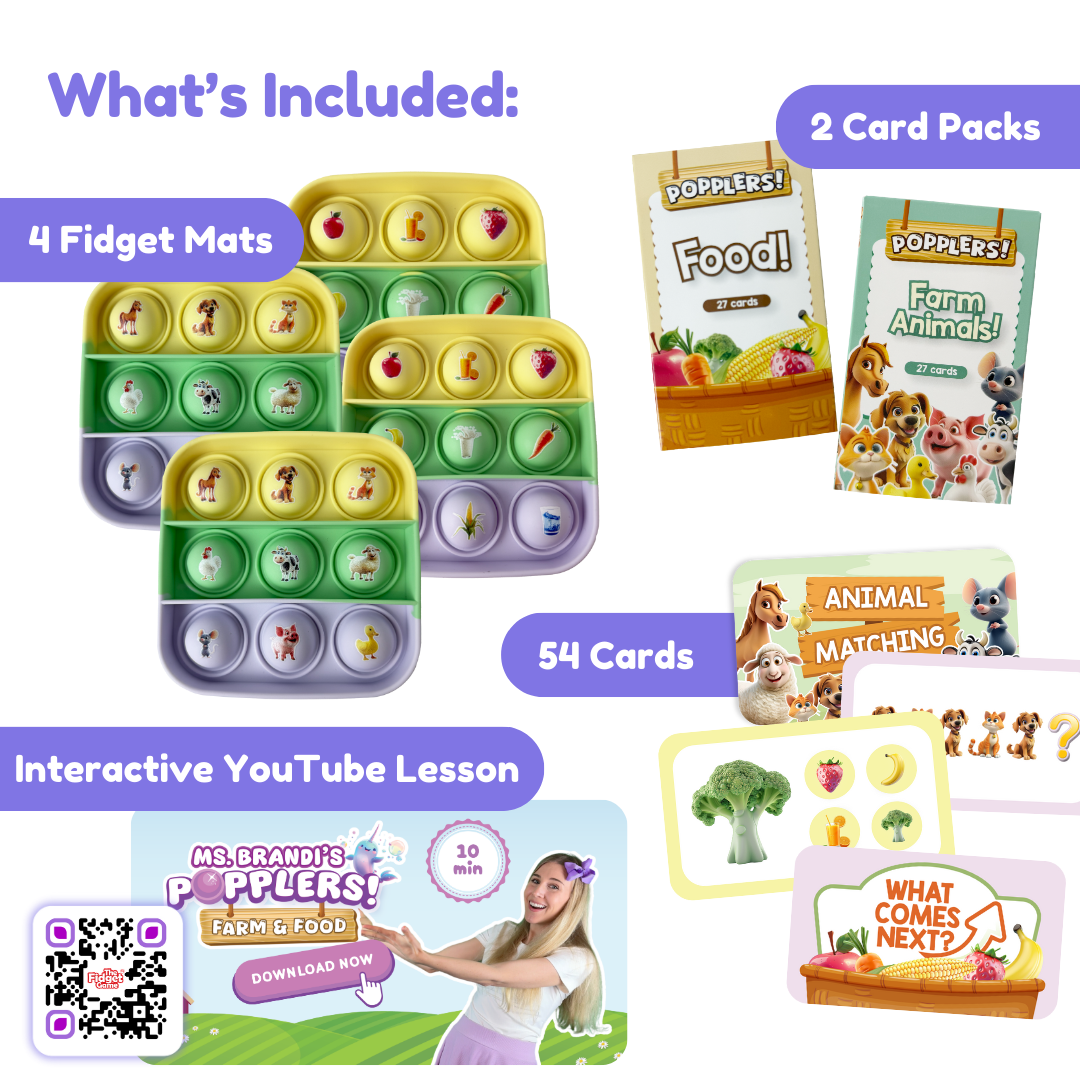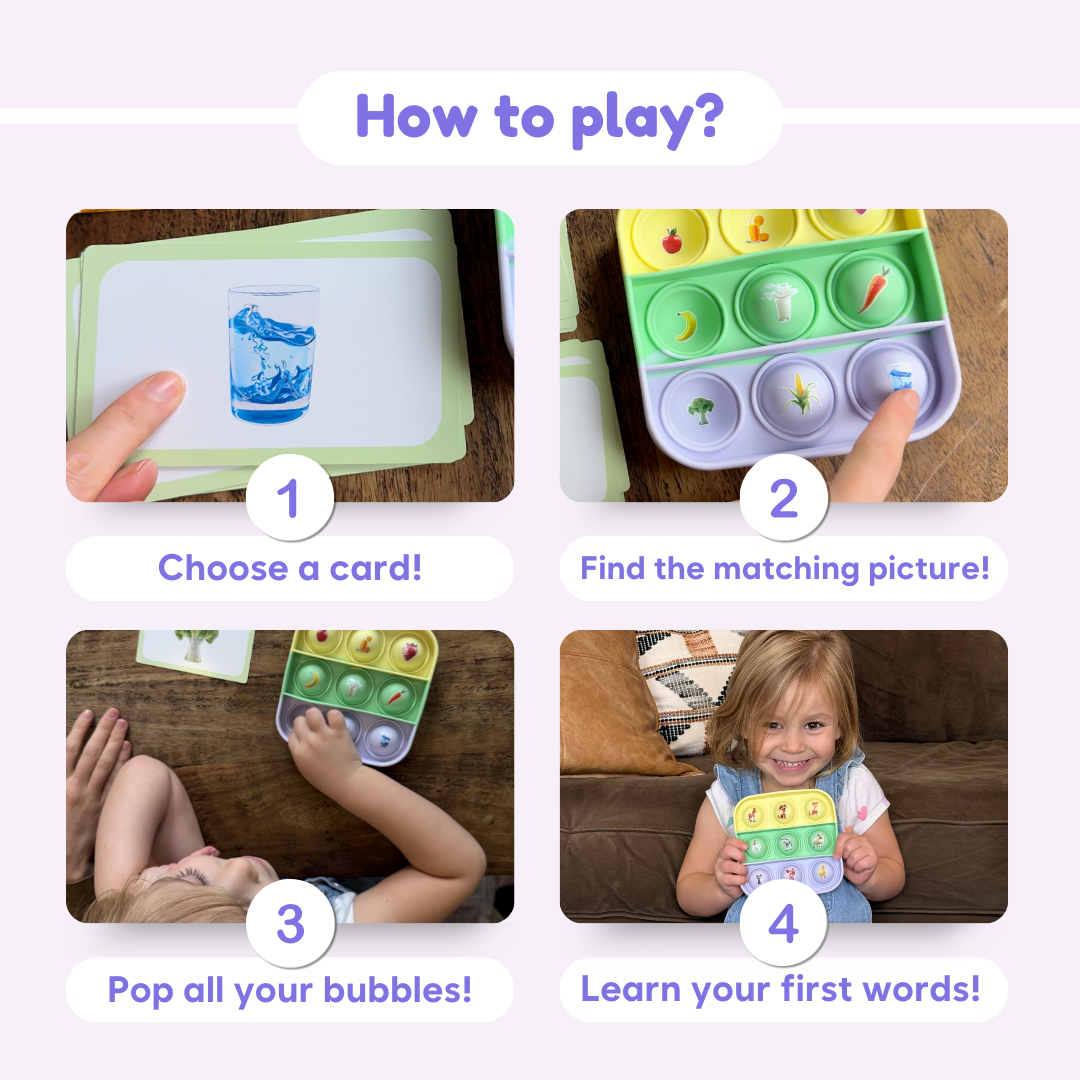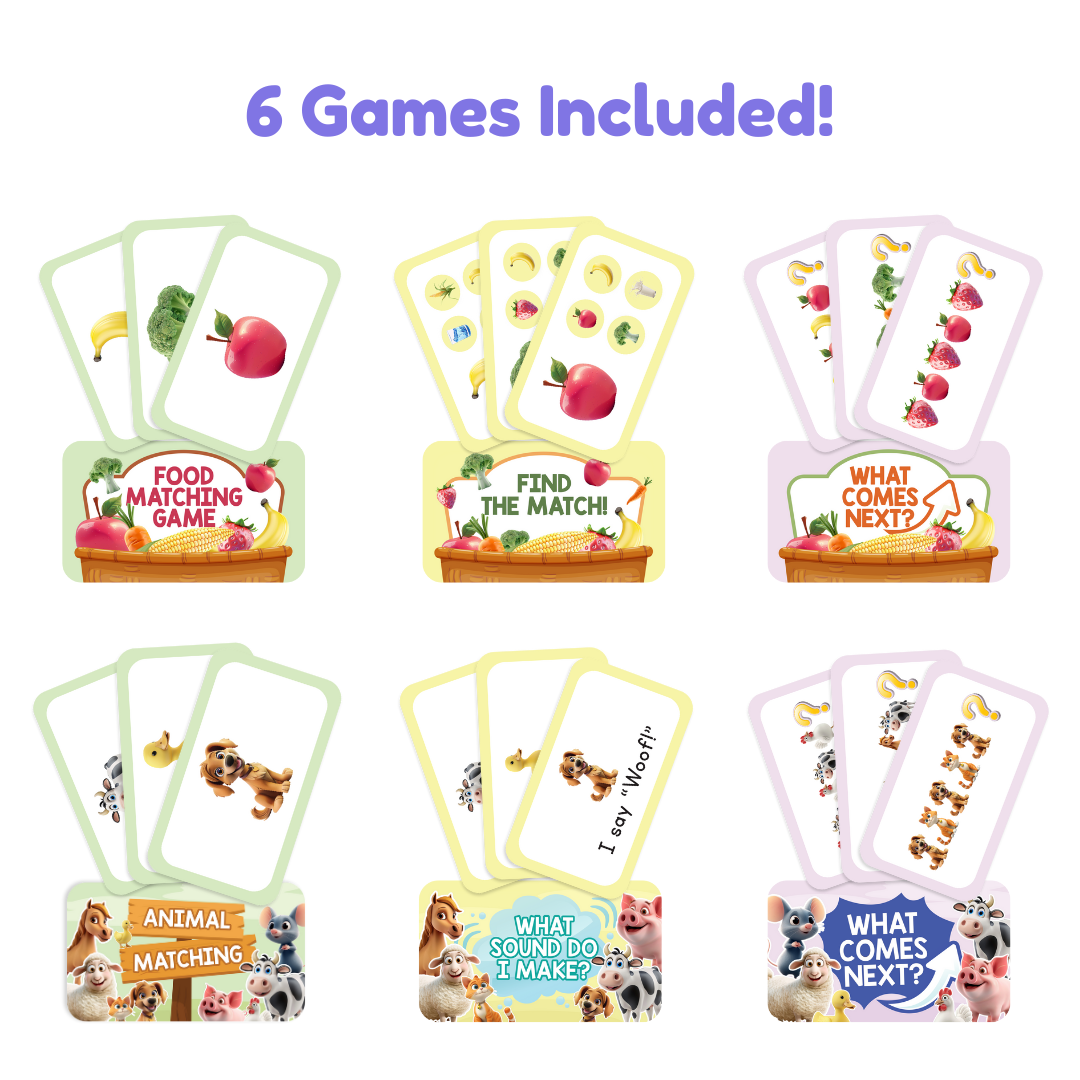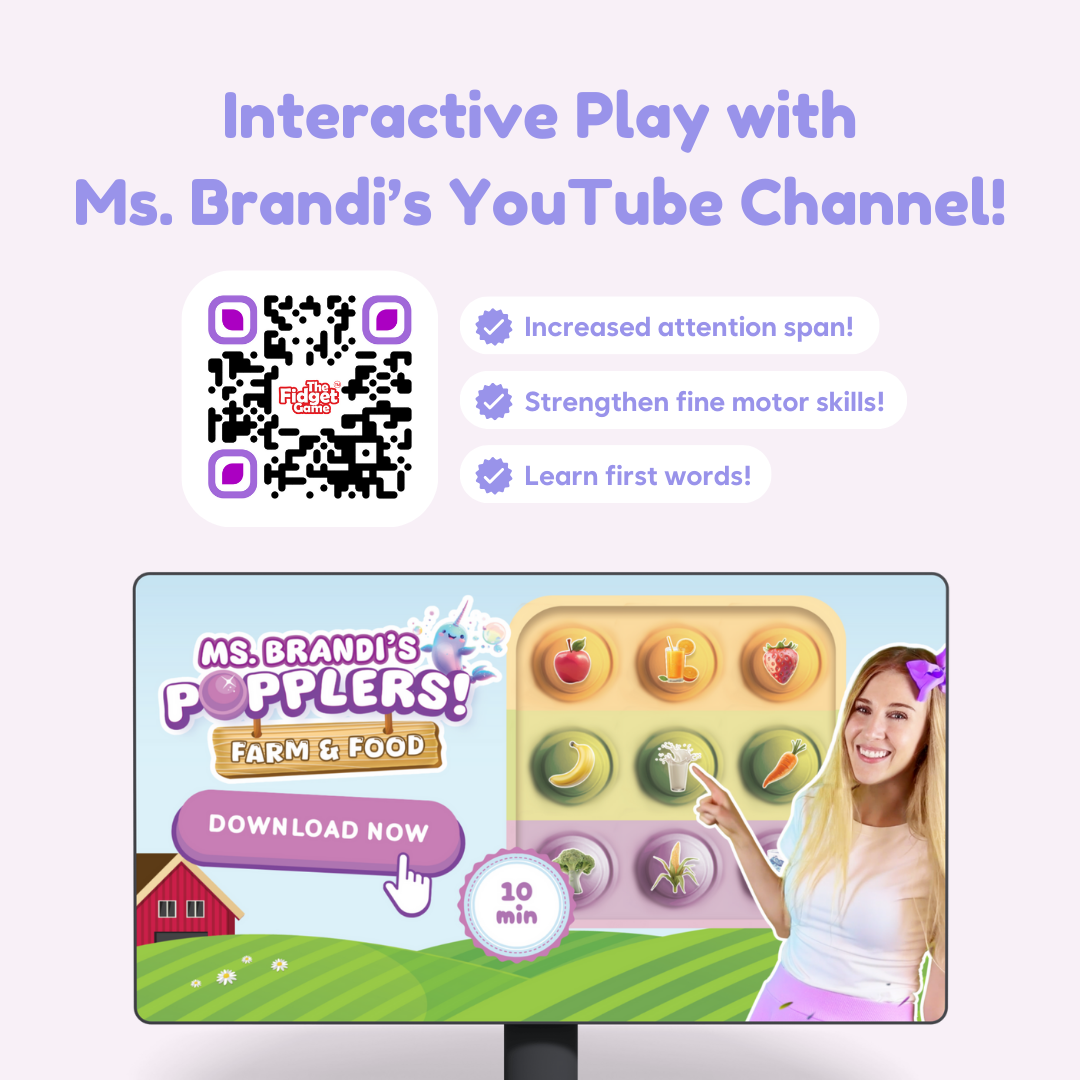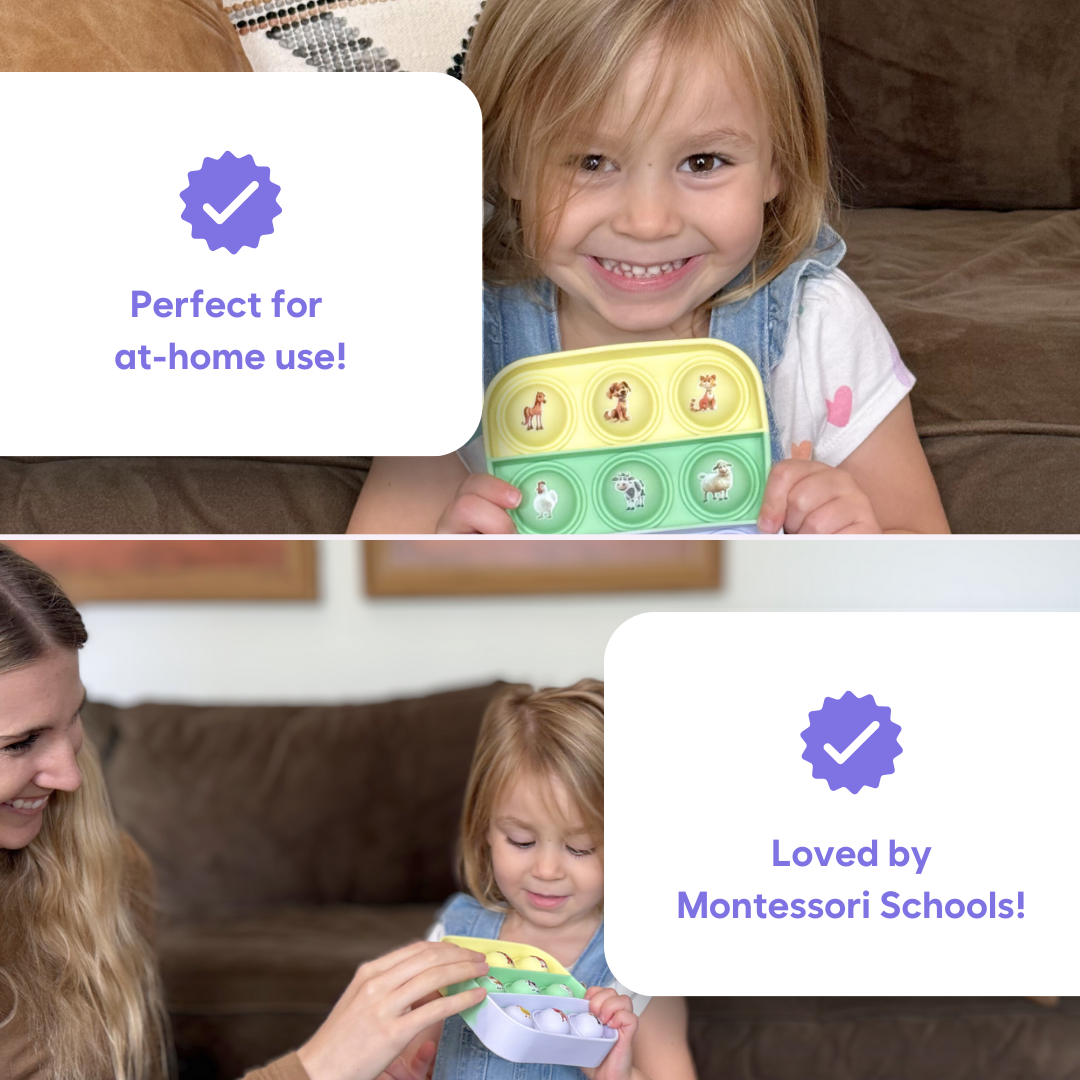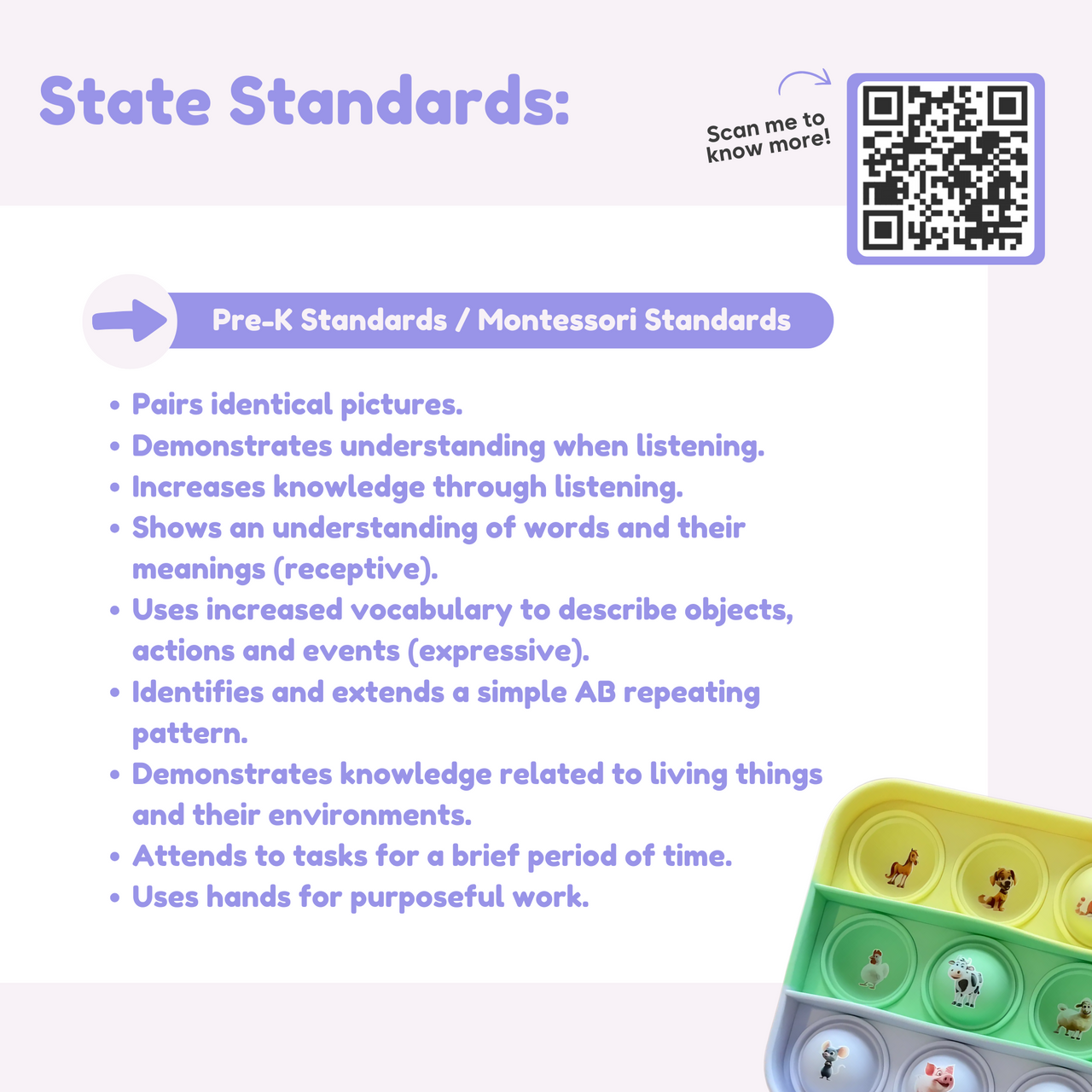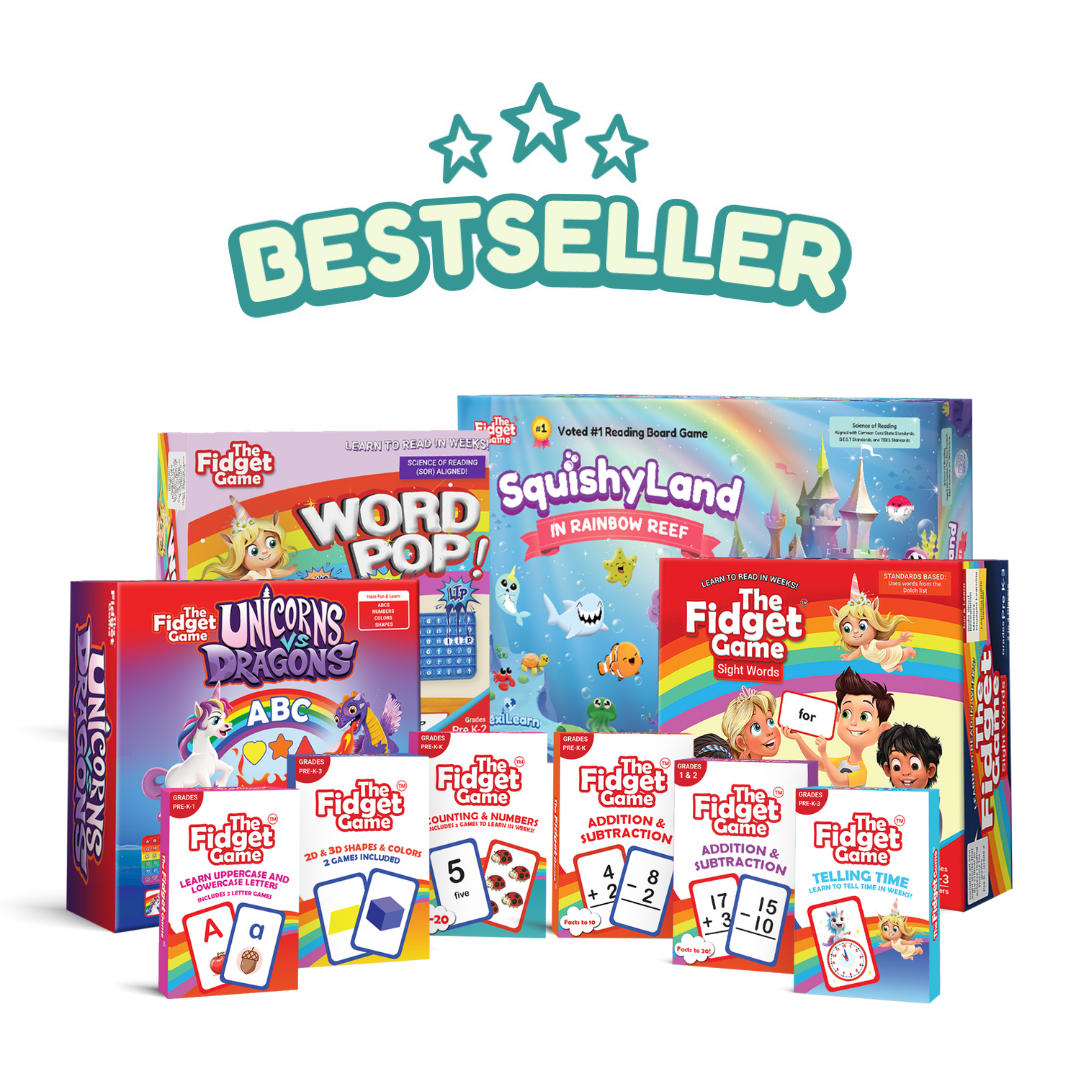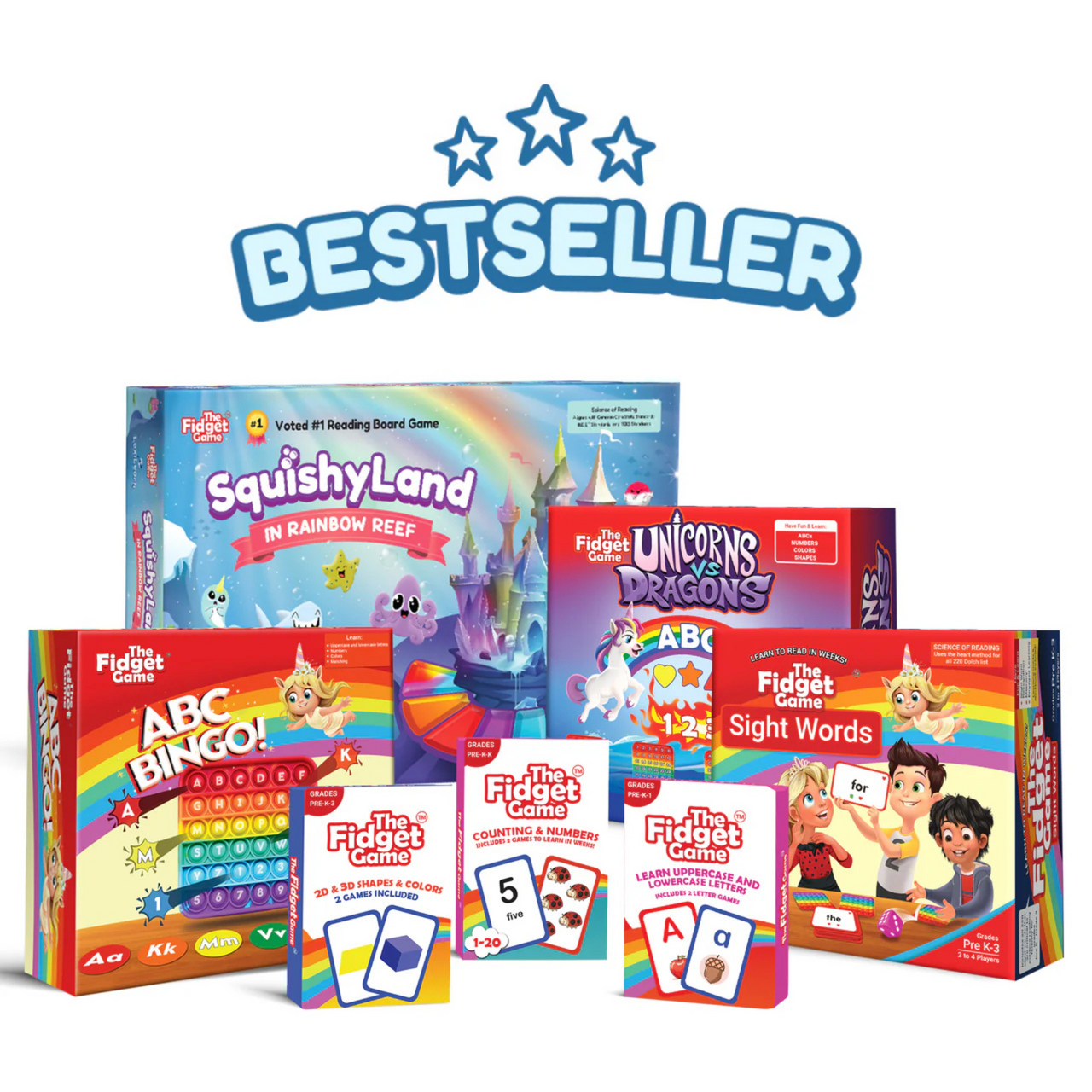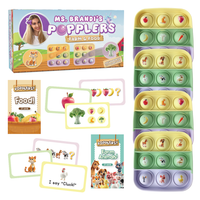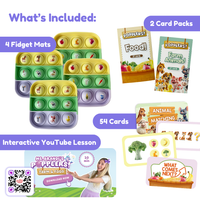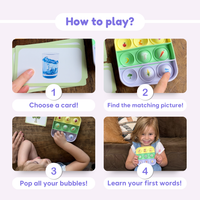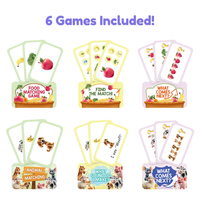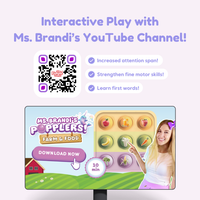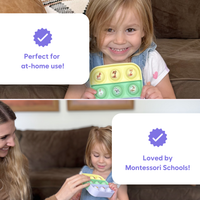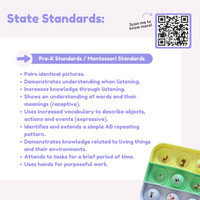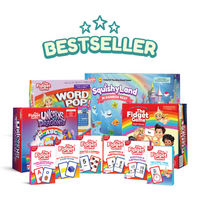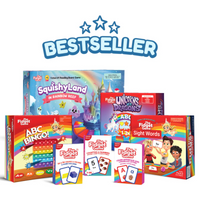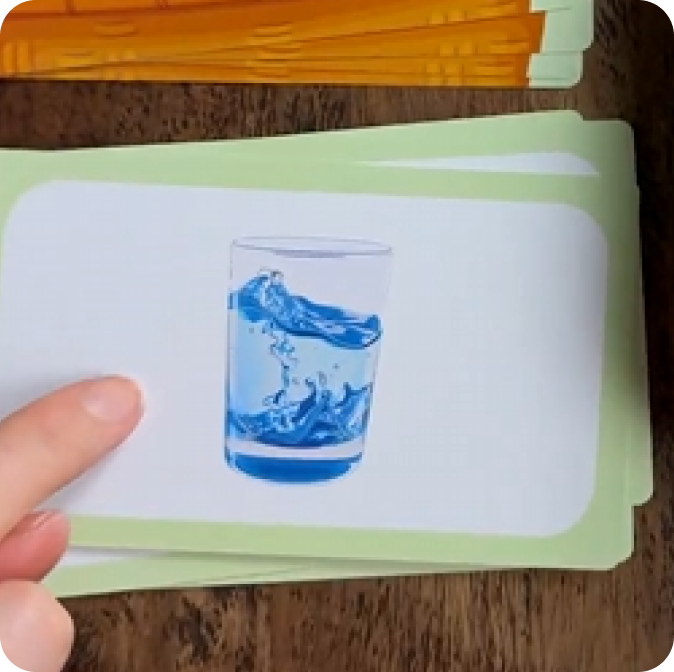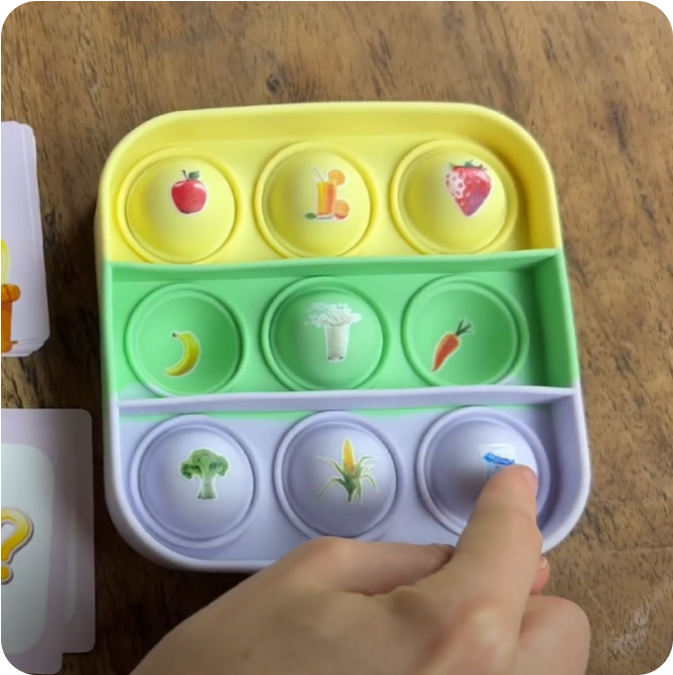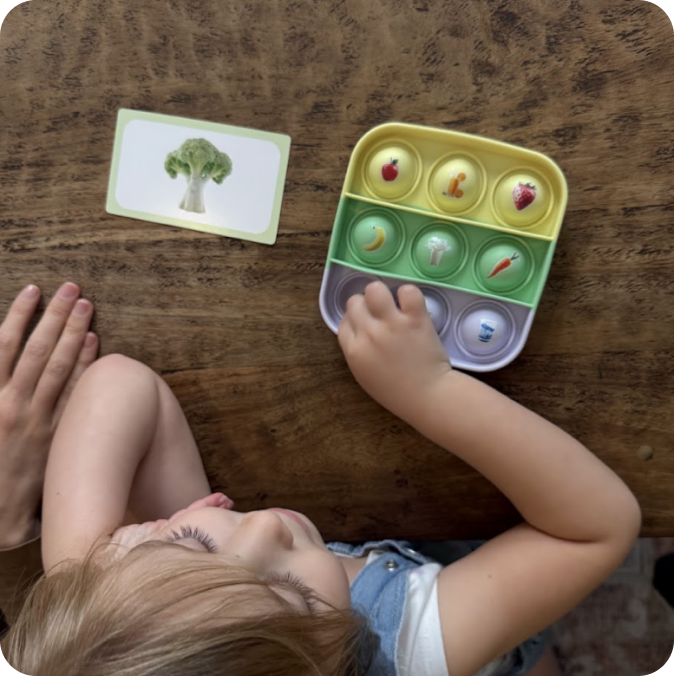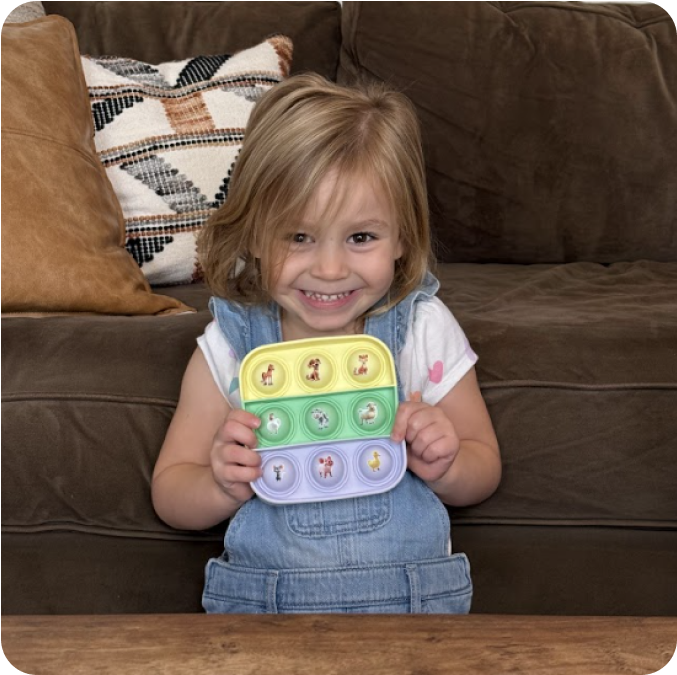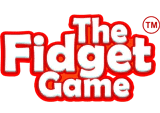The Reading Journey (SoR)

The Reading Journey (SoR)
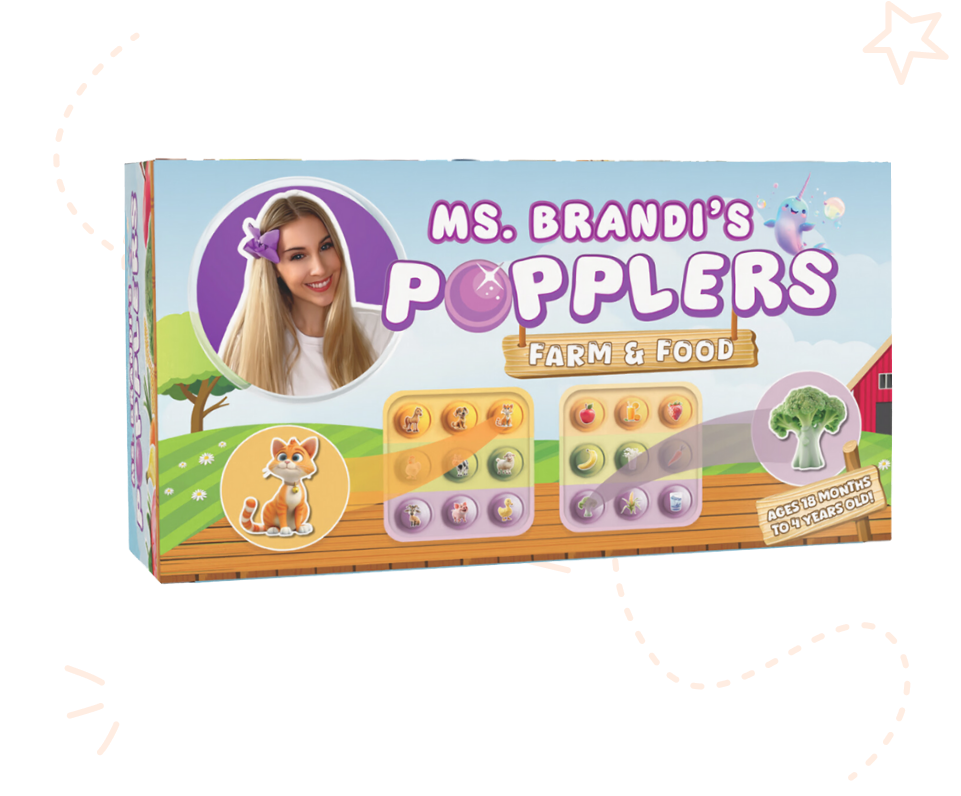
What’s Included
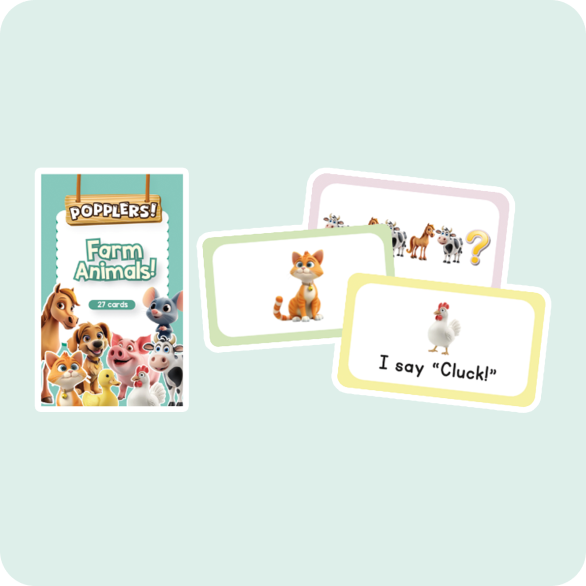
27 Animal Cards
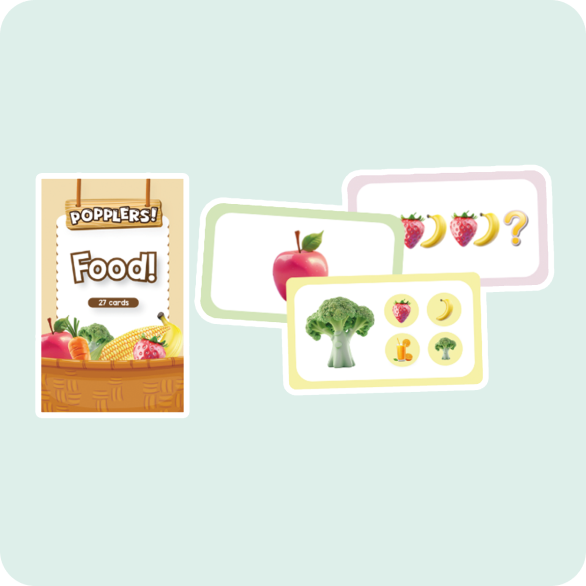
27 Food Cards
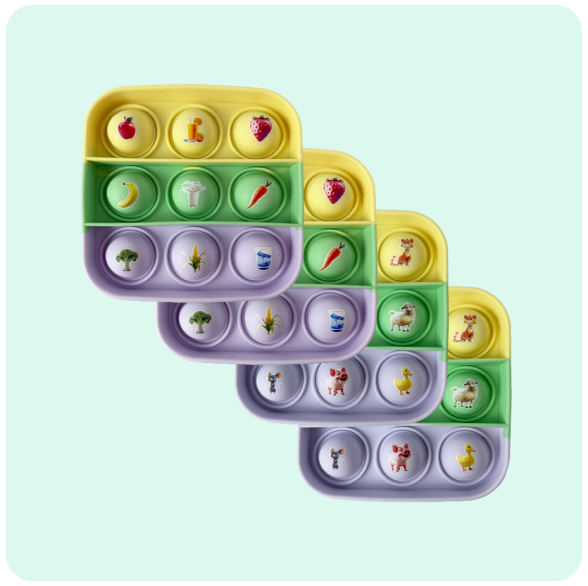
4 Fidget Mats
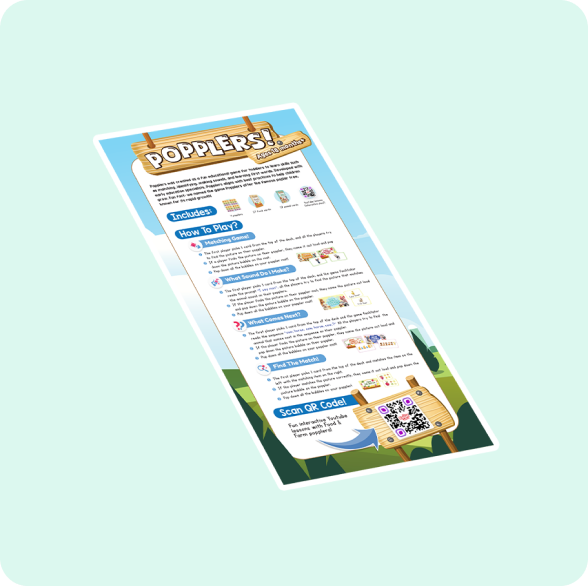
1 Instruction Guide
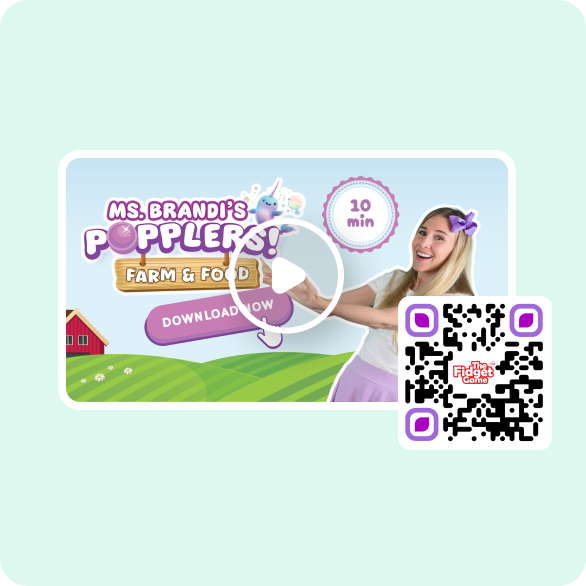
Interactive Youtube Lesson
How to Play
The Fidget Game's Reading Advisory Board
The Fidget Game's Reading Advisory Board
For Children of All Abilities
At The Fidget Game Company, we are proud to create games that make learning fun and inclusive for every child—whether they have ADHD, Dyslexia, or simply a unique way of learning. We thrive on designing experiences where all kids can join in the adventure, learning, playing, and laughing together. Teachers love our games too—they’re like secret tools that transform every lesson into an exciting, interactive playtime!
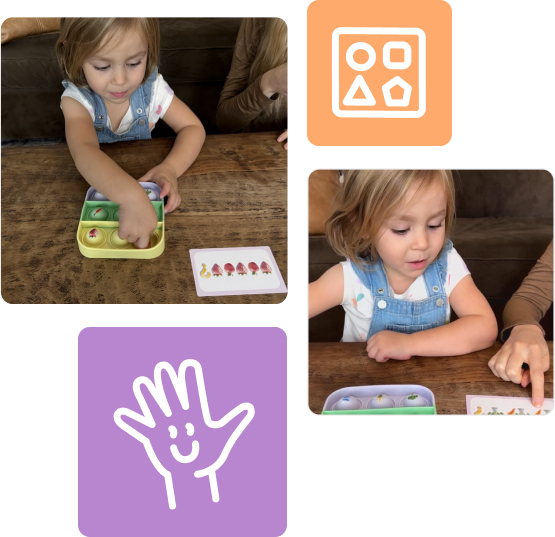

For Children of All Abilities
At The Fidget Game Company, we are proud to create games that make learning fun and inclusive for every child—whether they have ADHD, Dyslexia, or simply a unique way of learning. We thrive on designing experiences where all kids can join in the adventure, learning, playing, and laughing together. Teachers love our games too—they’re like secret tools that transform every lesson into an exciting, interactive playtime!
FAQ
Why is multisensory learning so important?
Multisensory activities are based on whole-brain learning, encouraging learners to use more than one of their senses when taking in new information. When using more senses while learning to read educational researchers have found this increases word recognition and improves memory by 90%.
Can my child play along with Ms. Brandi on YouTube?
Absolutely! Ms. Brandi’s videos are like having a playful teacher right at home. Toddlers can watch, listen, and pop their way through farm animals and food themes, all guided by Ms. Brandi’s friendly voice. It’s not just screen time—it’s interactive learning, where kids get to be part of the story!
What exactly are the mini-games, and why do toddlers love them?
They’re toddler gold! You’ve got “The Matching Game” (match the animals or foods), “What Sound Do I Make?” (guess the animal sound), “What Comes Next?” (sequences and sorting), and “Spot the Color!” (identify colors). With each pop and guess, little ones are developing memory and problem-solving skills, and they think they’re just having a blast!
Why Is a Hands-On Game Better Than Screen Time for Toddlers?
Hands-on games are more effective than screen time because they engage multiple senses, promote active learning, and support cognitive and motor skill development. Research shows that young children learn best through physical interaction and play, which helps build neural connections in the brain. Studies also indicate that screen-based learning can lead to shorter attention spans and less retention of information. By using hands-on activities, children develop problem-solving skills, improve hand-eye coordination, and gain a deeper understanding of concepts—making it a more impactful learning experience overall.

